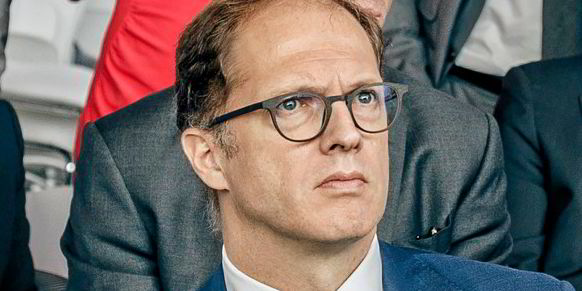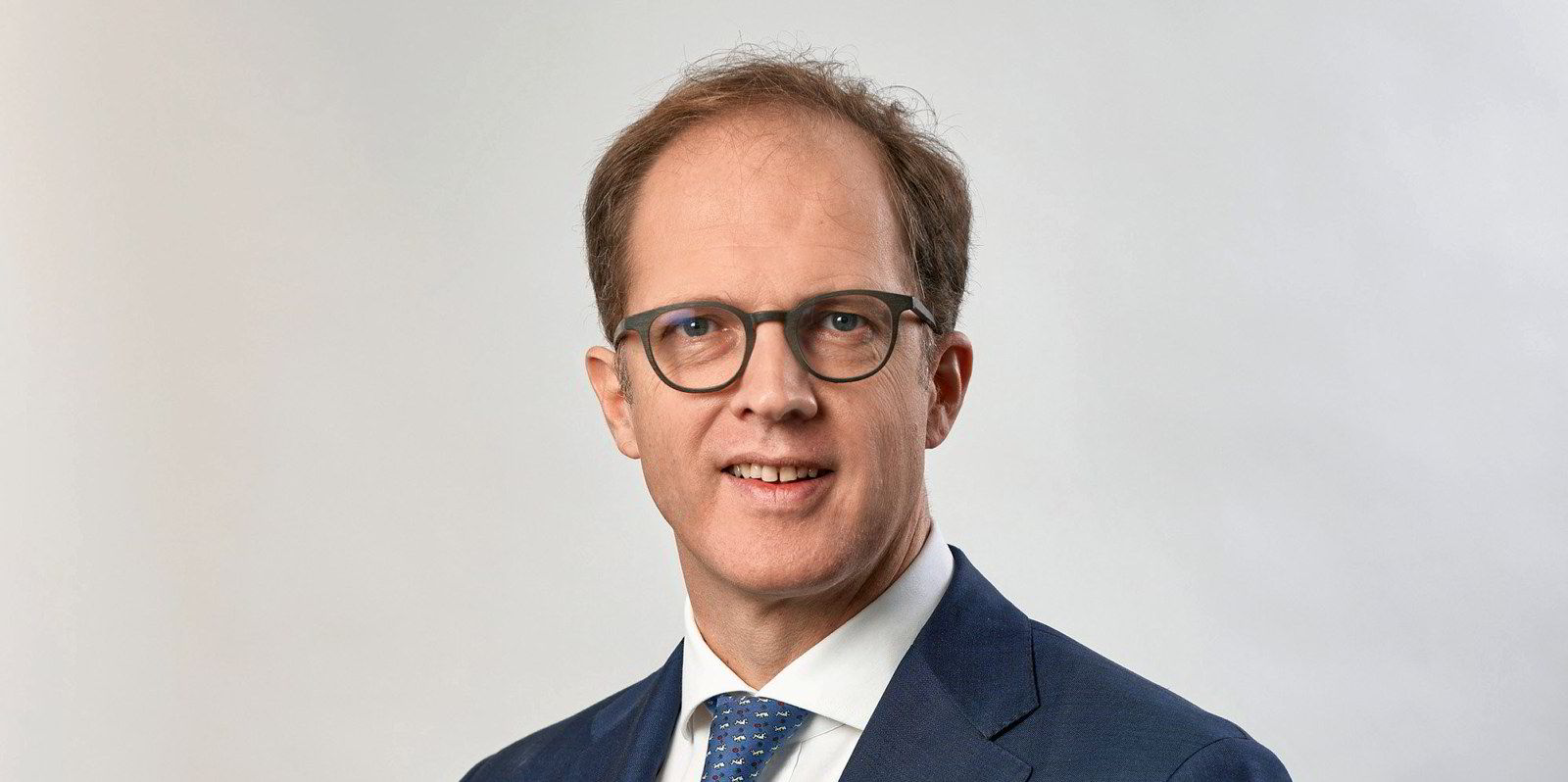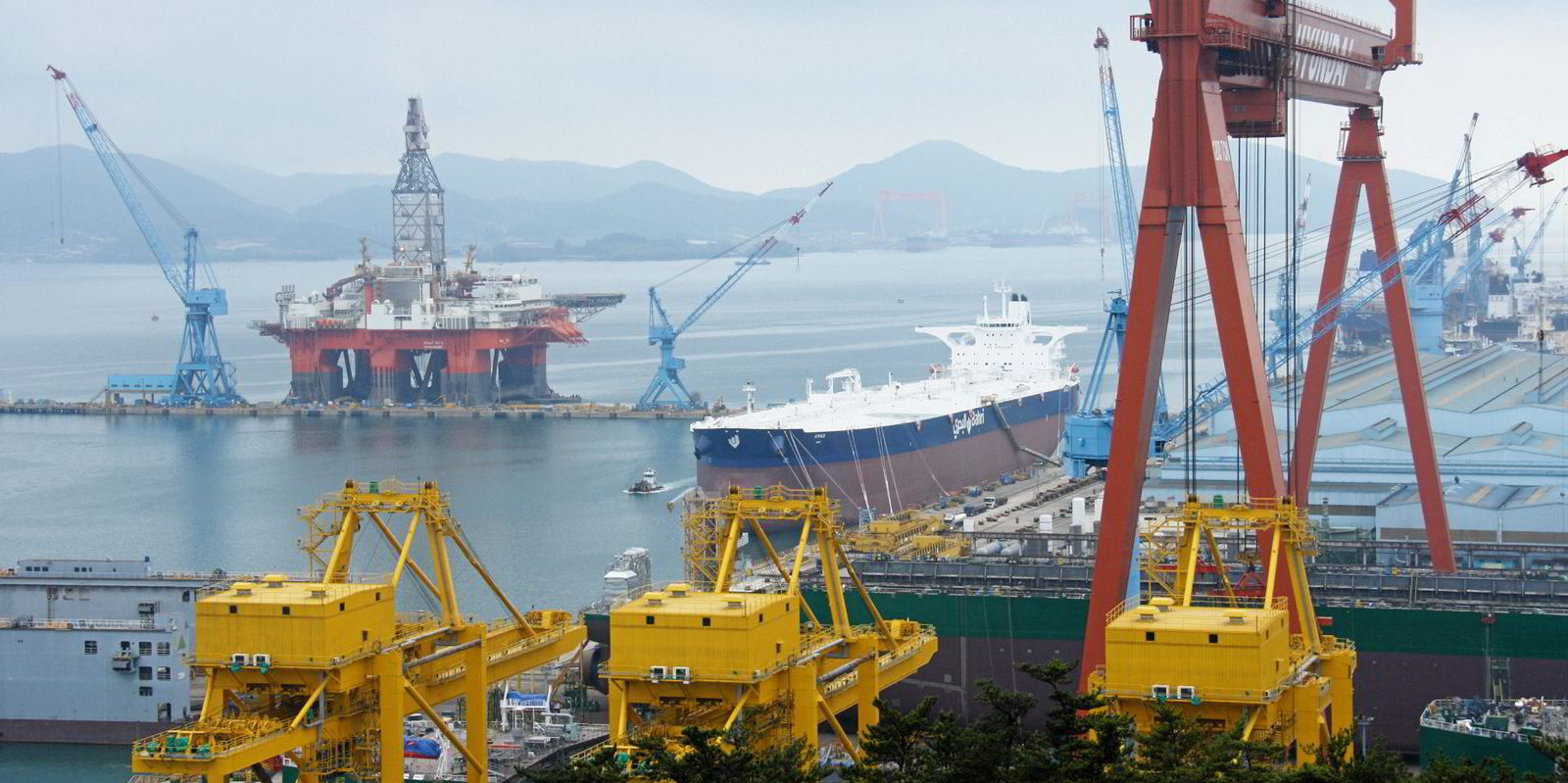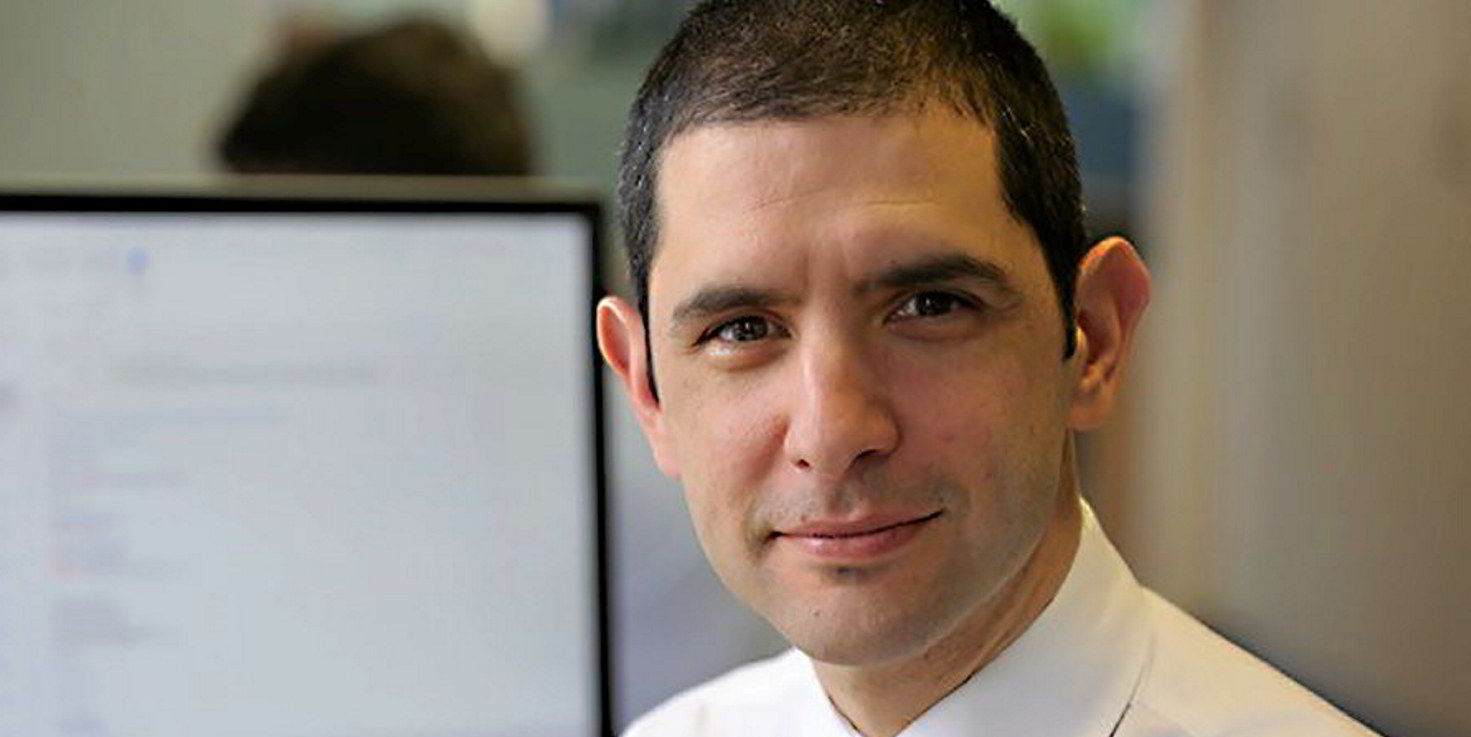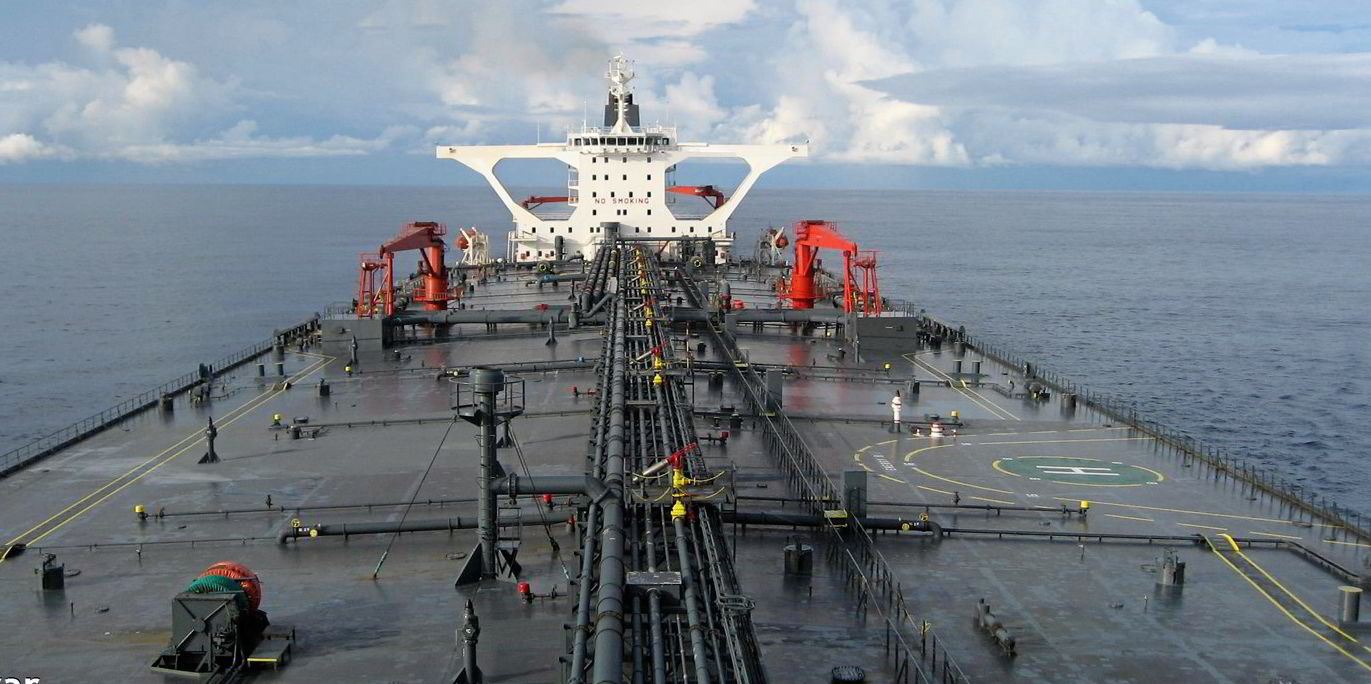Euronav plans to meet shipping's upcoming carbon rules by shedding old tonnage, reducing engine power and future-proofing newbuilding projects, says chief executive Hugo De Stoop.
The International Maritime Organization is set to introduce the Energy Efficiency Existing Ship Index (EEXI) by 2023 as an initial step to decarbonising the industry.
Experts believe many aged vessels would be required to optimise their operations to meet the minimum efficiency standards.
In an online conference held by Value Investor's Edge, De Stoop said his company’s sales of old ships in recent quarters can partly mitigate the issue.
TradeWinds reported that since the beginning of 2020, the Belgian tanker giant has sold its interests in four suezmaxes and four VLCCs with an average age of 16 years.
“We do have some old vessels ... [but] the vessels that we will have in the fleet in 2023 will be able to meet the EEXI requirement,” De Stoop said. “If they are not, then it's a question of derating.”
Derating refers to reducing a ship engine’s specified maximum continuous rating, which would achieve fuel savings by cutting its power, resulting in a lower sailing speed.
“They will still be able to do the speed that our customers ask us to do, which is between 12 and 12-and-a-half knots,” De Stoop added.
He stressed that the decision will be taken individually on each vessel, as the oldest ships might not be the least fuel-efficient.
“You really have to go case by case throughout your fleet, through each and every vessel that you own, and see what is the likely scenario for the rest of their life,” he said.
The IMO also has a target to halve greenhouse gas emissions from international shipping by 2050, and industry players generally expect new types of low-carbon fuels are needed to reach the goal.
Euronav’s orderbook is composed of at least two suezmaxes and two VLCCs, which will be able to run on LNG or ammonia via future retrofits.
Although the company has paid a premium of more than $500,000 for each ship, De Stoop said the investment would help it meet future regulatory requirements.
“We are not a charity. We are not philanthropy. We are a business, everything we do is for an economic reason,” he said.
“We decide to position ourselves at the forefront because we have reasons to believe that those regulations will be stricter than what people think and will come sooner than what people [expect].”
